Yozo, Depressed or Full of It?
April 5, 2022
Zara
No Longer Human, by Osamu Dazai, is one of my favorite books due to its well-written portrayal of suicidal idealogy and depression. It goes in depth into the thoughts of the main character, Oba Yozo, and his experiences with mental illness. Although this book is fiction, it has autobiographical elements as No Longer Human is based on experiences the author, Dazai, has gone through; he died of suicide after several attempts in 1948. Those who enjoyed The Catcher in the Rye and want to go in depth into the perspective of a “phony” should read this book. I have also read Dazai’s other books, The Setting Sun and Schoolgirl.
Guilt is a key factor as most of Yozo’s thoughts are about having to repress who he is and what he wants in order to keep people from seeing him as vulnerable and being disappointed in him. Yozo calls his defense mechanism “clowning,” which is his way of compensating for his feelings of despair and covering them up with jokes and lightheartedness. This extreme shame and resentment Yozo holds towards himself easily makes the audience sympathize – and possibly empathize – with him.
His goal in life is to make people happy. In the pursuit of this, his own happiness is tossed aside for the needs of another. Yozo creates paintings full of his feelings, hidden behind his clowning, and hides them away in his house where no one else can see them. Yozo had wanted to be a painter, but his father didn’t, and Yozo obeyed him. Yozo, terrified of being vulnerable and disappointing others, begins to let others control his life.
Loneliness is another huge theme in No Longer Human, as Yozo has a hard time connecting to women and even his own family. Yozo then goes to drugs and prostitutes for comfort. Someone gives him a smile and he completely breaks down into tears. His struggle with loneliness is comforted by this one tiny interaction. Yozo attempts suicide twice. His first time, he did it with a woman he loved, who had not survived. The second time, he overdosed. Yozo’s alcoholism gets to a point where he is prescribed morphine in order to get rid of the pain. The morphine becomes an addiction, and Yozo spirals deeper. Yozo was about to overdose a third time when his friends found out and brought him to a hospital.
In the end, Yozo thinks to himself, “I have now ceased utterly to be a human being.” The book ends with him being only twenty-seven. This goes to show how people with mental illnesses are often looked down upon, as if they weren’t a whole being, and the extreme shame that comes with not being happy, as if you needed to find happiness in order to be truly whole. This book asks the readers what it takes to be considered a human being, and whether it’s better to live than die. And in the end, Yozo ends up far from his path to happiness, as the desire to die is transformed into the need to die, and Yozo realizes that nothing he ever does will be good enough.
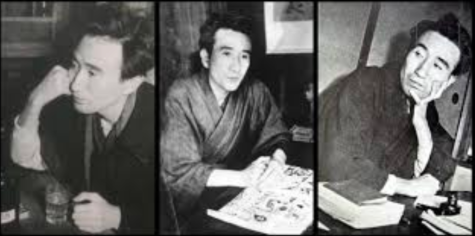
Scarlett
The language used in Osamu Dazai’s book, No Longer Human, is incredible and insightful but I found there to be an uncomfortable amount of misogyny in the book. Although the author touches on heavy topics such as depression and the drowning feeling of isolation, I felt no sympathy for his character. Sure, it’s sad that his loneliness is so overwhelming he goes as far as to believe he is “no longer human,” but, truly, the protagonist had no empathy for others so why should readers have empathy for him?
Generally, the book was a collection of self-pity and self-loathing. Dazai seemed to neglect the evolution of any other character other than one representing him, so while Yozo was very well developed, everyone else was completely disregarded. Additionally, Yozo continuously victimizes himself and conditions himself to believe that he is so messed up internally that he has no control over his thoughts or actions. He wastes his life on alcohol and other addictive substances, and while this is supposed to evoke sympathy for his character, for me it did the opposite. It made me grow to resent him.
Furthermore, Yozo takes advantage of everyone around him, wasting his dad’s money, and using women for whatever he wants at the moment. “I never could think of prostitutes as human beings or even as women. They seemed more like imbeciles or lunatics.” While Yozo grows to depend on prostitutes as a form of escape at a point in his life, he shames them for their line of work and for being born women in general, something they can’t control. Is it radical honesty or blunt sexism? Those who enjoy the book seem to overlook the misogynist main character in favor of the author being so mentally disoriented that he is pardoned from saying anything controversial or problematic. This brings into question whether the character was an exact portrayal of the author as a person, and whether the author should be held accountable for his character’s actions, being that the book is semi-autobiographical. Take it as you will.
All in all, the problems the main character faces are entirely self-inflicted, and rather than growing from his mistakes or taking responsibility, Yozo lets himself soak in a puddle of shame while doing nothing to fix his situation. While I understand this could be a factor of his current mental instability, it doesn’t hide the fact that he projects his own feeling of being victimized by society onto others in the form of harsh judgment or physical violence. Lastly, I couldn’t deduce a single message this book was trying to impart other than that living the life of a sensitive misogynistic man can be very bleak.













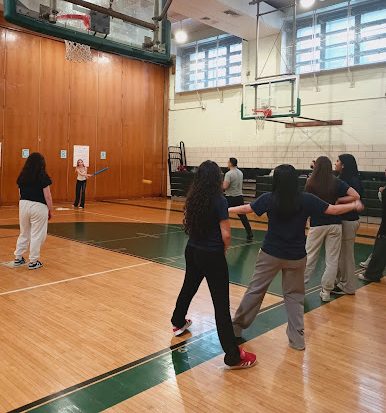












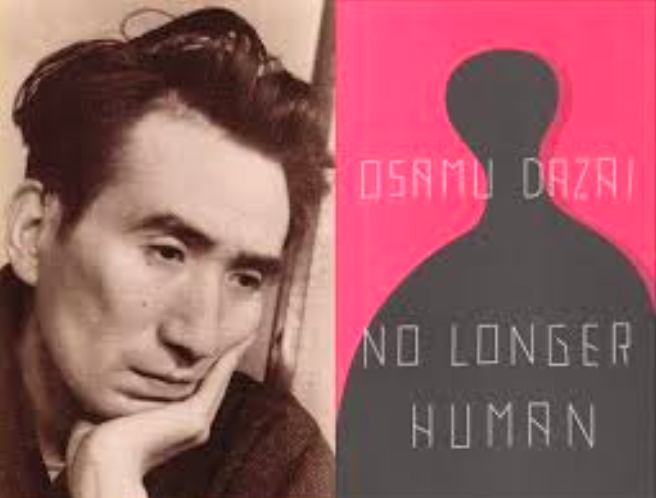
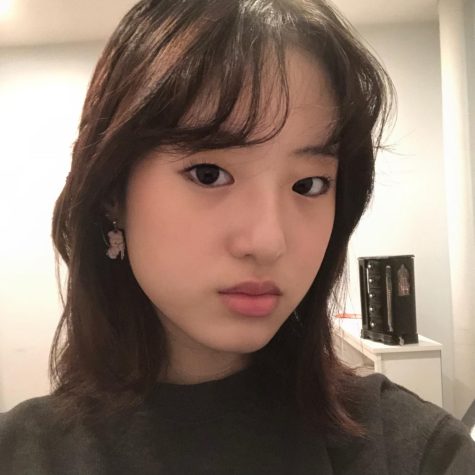

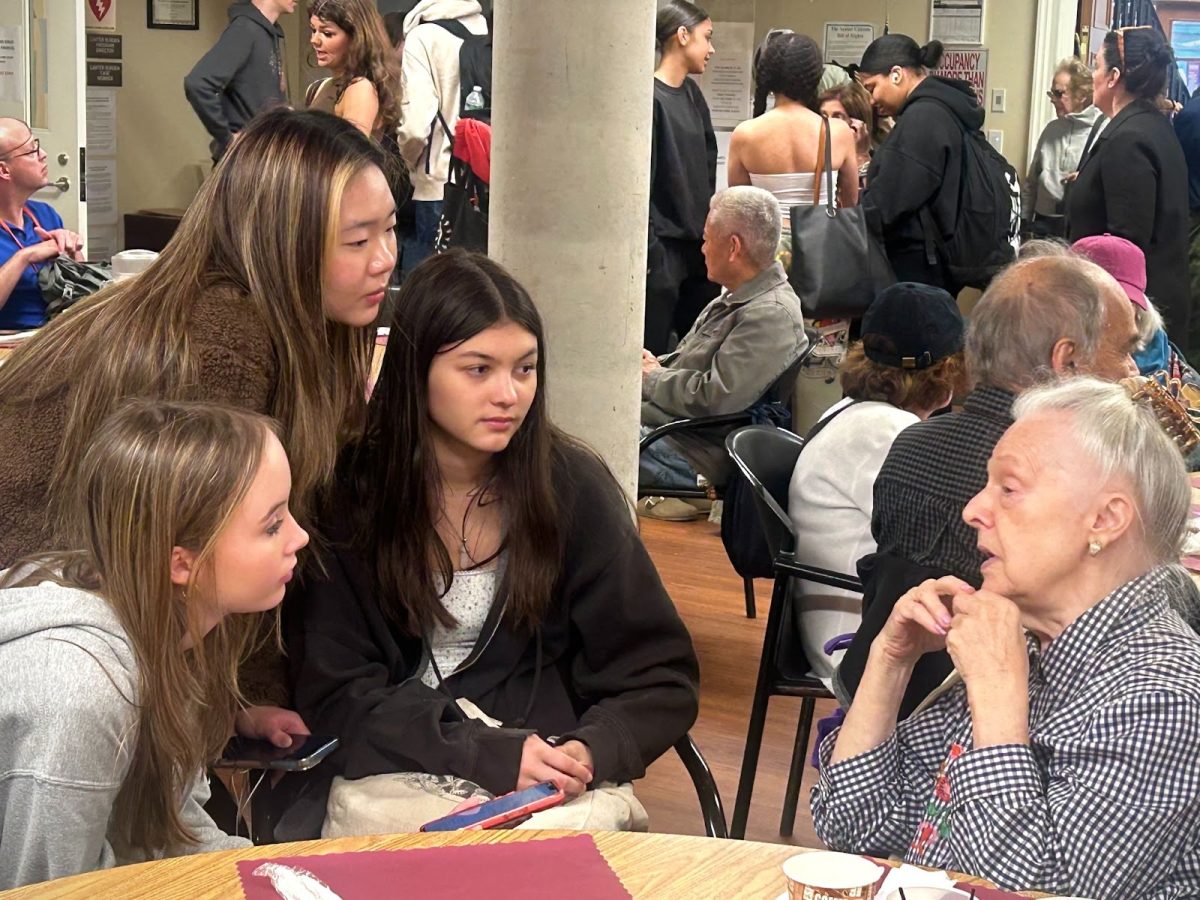
Philip • Apr 2, 2024 at 3:28 pm
I’ll start by saying I know that media is subjective – and also that sexism is never justified. However, given the context of when this story takes place, the culture it takes place in, and the mental state of the author – it can at the very least be explained. I feel that the second reviewer, Scarlett, is failing to empathize with the author – and the genuine torment that depression can cause. Blaming him for self sabotage shows a completely misguided understanding of mental disorders – and is frankly disrespectful to those who suffer from them. Life can be hard – and exponentially so for those who never developed proper social faculties.
Michael • Apr 20, 2024 at 9:22 am
I wholeheartedly agree with you. The second reviewer is woefully naive and ignorant on matters of mental disorders like major depression. As someone who’s suffered from it all my life, more or less, this book hit hard. I’ve never sought outlets in drugs or sex (depression usually decimates your desire for the latter), but I can understand the pain and blackness that can drive one to total self-annihilation, sadly. It’s a self-feeding, self-destructive cycle, fed by guilt and shame.
The only area I disagree with is the sexism aspect. It’s ugly, but it’s not going anywhere. Neither is homophobia, etc. The battle of the sexes is just a biosocial reality of our sexually dimorphic species, and it’s totally extraneous to the literary merit of this novel, or any novel, for that matter. If you’re not adult enough to understand that, then it’s safe to say that literature is simply over your head.
You can’t bat away the unpleasant aspects of human nature and claim that you’re dealing with a totalizing psychological reality. You’re sanitizing life. You’re censoring. It’s totalitarian and small. It’s hypocrisy. That is all.
Keira Keating • Apr 7, 2022 at 8:35 am
I love the concept of reviewing the same book with two different opinions of it. You both made very convincing points and I found both reviews very insightful!
Arleth Marcelino • Apr 7, 2022 at 7:47 am
i really like reading both of your guys point of views and not just one i think it makes the review a lot better , and i think these analysis you guys wrote were very good and in in depth which i liked